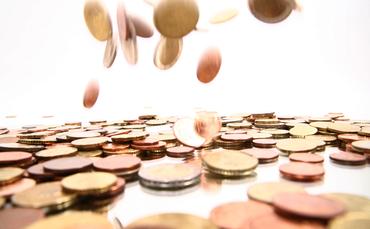
About £5.5bn will be invested in 4G by mobile operators, according to Vodafone's head of regulatory affairs, Matthew Braovac.
At a Westminster e-forum event today, Braovac stated that the amount of expenditure would be worthwhile, as 4G could boost national GDP by 0.5 per cent – an increase that some analysts estimate could be worth £75bn over a decade.
The total amount would factor in the sum raised by the 4G auction, applications for which must be in next week. Ofcom stated in November that the reserve prices for licences to use the 4G spectrum come in at a combined £1.3bn.
Braovac compared 4G with the evolution of SMS, stating that when SMS was invented, people did not know how it was going to be used, how much it was to be used and how quickly the demand would grow.
He also defended the UK's position with 4G, arguing that while the UK is behind the US, South Korea and Japan in its level of connectivity, it is "not that far behind". He said that South Korea and Japan haven't yet experienced the promised economic impact of 4G networking but that they are pioneers in the field, and that the UK can learn from their mistakes.
O2's chief operating officer, Derek McManus, agreed with Braovac saying that while the UK won't be the first to have 4G, it should become a leader in the field.
"It is the impression that we will make once it is rolled out; the UK will become a leader, the aggression that we're committed to rolling out 4G will mean that 13 to 14 years into 4G it will benefit us greatly," McManus said.
The O2 COO then went on to state that 4G would be part of a digital revolution that will radically change many sectors such as education, health and business.
"4G will allow companies to mobilise their workforces, which allows them to become more efficient. Also, in understanding anonymised data , we can change that dynamic further to bring customers closer to the businesses, changing the nature of what they sell, when they sell it and to whom they sell it to," said McManus.
But those more apprehensive about 4G include Three's director of network strategy, Phil Sheppard, who took aim at EE's 4G service.
"If you compare the 3G HSPA+ service to LTE technology, the difference is not as big of a gap as being portrayed by EE," he said.





